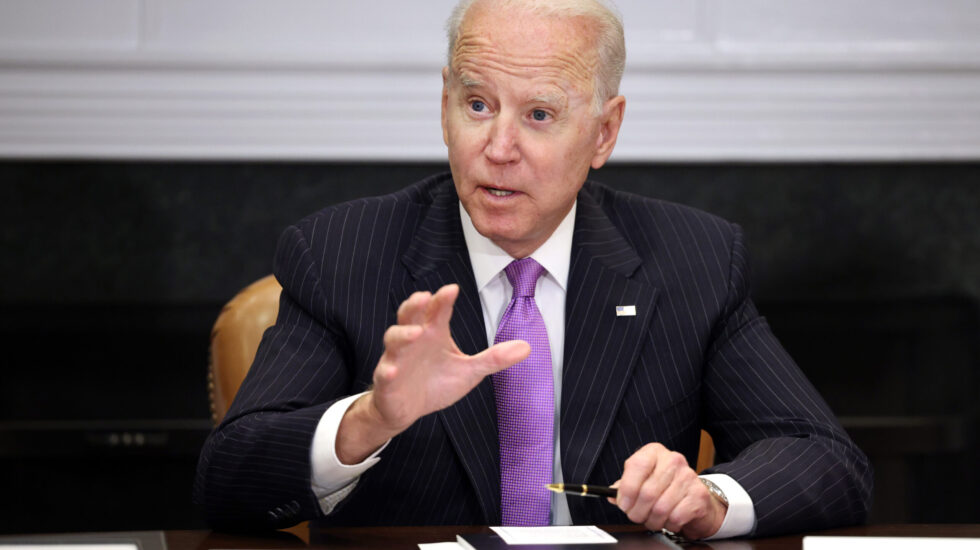President Joe Biden signed an executive order on Friday instructing the Federal Trade Commission to limit the use of noncompete clauses, a contract provision that often prevents workers from finding jobs with higher pay.
The order, dubbed Promoting Competition in the American Economy, also seeks to curb corporate consolidation, which the White House says raises prices for consumers, especially on prescription drugs.
“Barriers to competition are also driving down wages for workers. When there are only a few employers in town, workers have less opportunity to bargain for a higher wage and to demand dignity and respect in the workplace,” according to a White House press release.
The Wall Street Journal calls the order, which also contains provisions to import prescription drugs from Canada and make airline fees more transparent, “the centerpiece of a new Democratic emphasis on restraining the nation’s most powerful companies,” and adds:
The new order places a diverse set of initiatives under one roof and is more explicit [than a similar Obama-era effort] in pushing government agencies to take detailed steps to protect competition. It also comes at the beginning of a presidential term, giving Mr. Biden’s appointees across the executive branch more time to align their priorities and implement regulations.
On Twitter, Senator Amy Klobuchar (D-MN), who leads the Senate Judiciary’s antitrust subcommittee, commended Biden on a “groundbreaking” move that will “help restore competition & build an economy that works for all Americans.”
The U.S. Chamber of Commerce, America’s biggest business group, called the idea that the economy has become too concentrated a “flawed belief,” according to Bloomberg, and said large firms drive the economy.
The effort to curb noncompete clauses is particularly noteworthy. The White House estimates that somewhere between 36 and 60 million Americans working in the private sector are forced to accept the restrictive provisions. Almost a third of businesses require new employees to sign the agreements, according to a report conducted by the Economic Policy Institute.
Noncompete restrictions were traditionally imposed on executives who were privy to their company’s sensitive trade secrets, but the practice has been used in low-paying jobs as well in an attempt to stop worker attrition. NPR explains:
Famously, the sandwich chain Jimmy John’s agreed to stop using noncompetes in 2016 after being sued in New York and Illinois. The chain had prohibited its sandwich-makers and drivers from working for another sandwich shop within a 3-mile radius of any Jimmy John’s in the country.
NPR adds:
Biden’s newly confirmed FTC Chair Lina Khan has argued in favor of federal rules targeting anti-competitive practices including noncompetes, writing in a law journal in 2019 that such clauses “deter workers from switching employers, weakening workers’ credible threat of exit, and diminishing their bargaining power.”
On corporations consolidating to gain leverage over workers, Biden said Friday “rather than competing for consumers, they are consuming their competitors. Rather than competing for workers, they’re finding ways to gain the upper hand on labor.”
The New York Times summarizes:
The order is a victory for the progressive lawmakers and academics who say government regulators failed to check the growth of corporate America for decades, instead aligning themselves with a conservative view that set a high standard for when the government should block mergers or break up monopolies. They have also criticized the Obama administration for failing to properly police industry consolidation, particularly in Silicon Valley.



